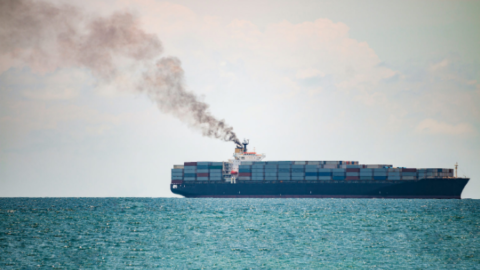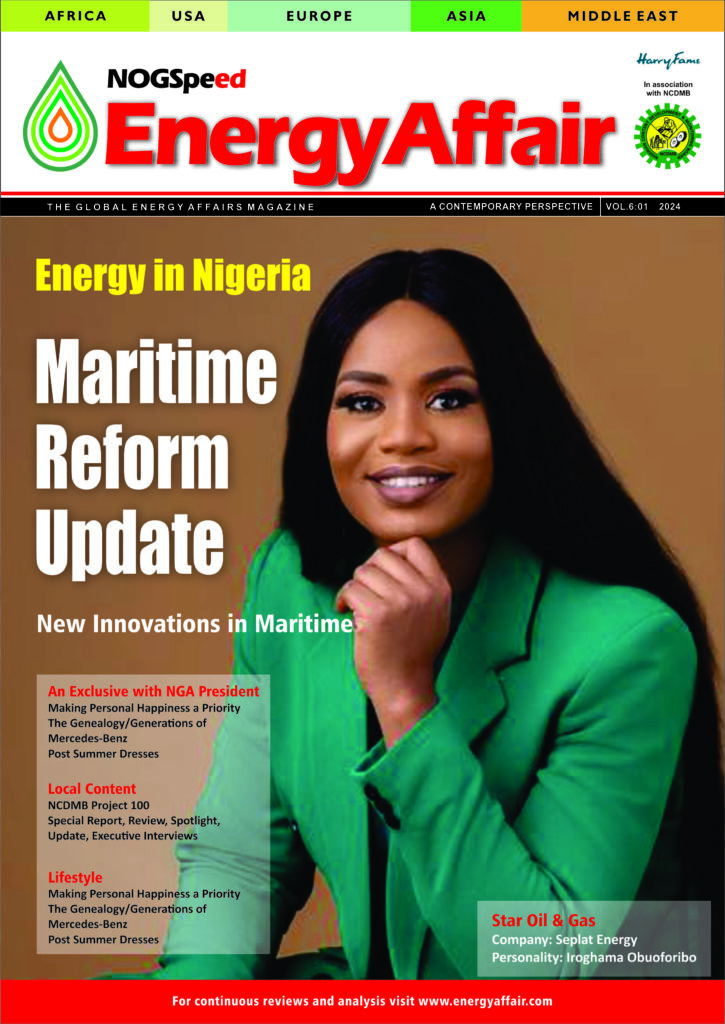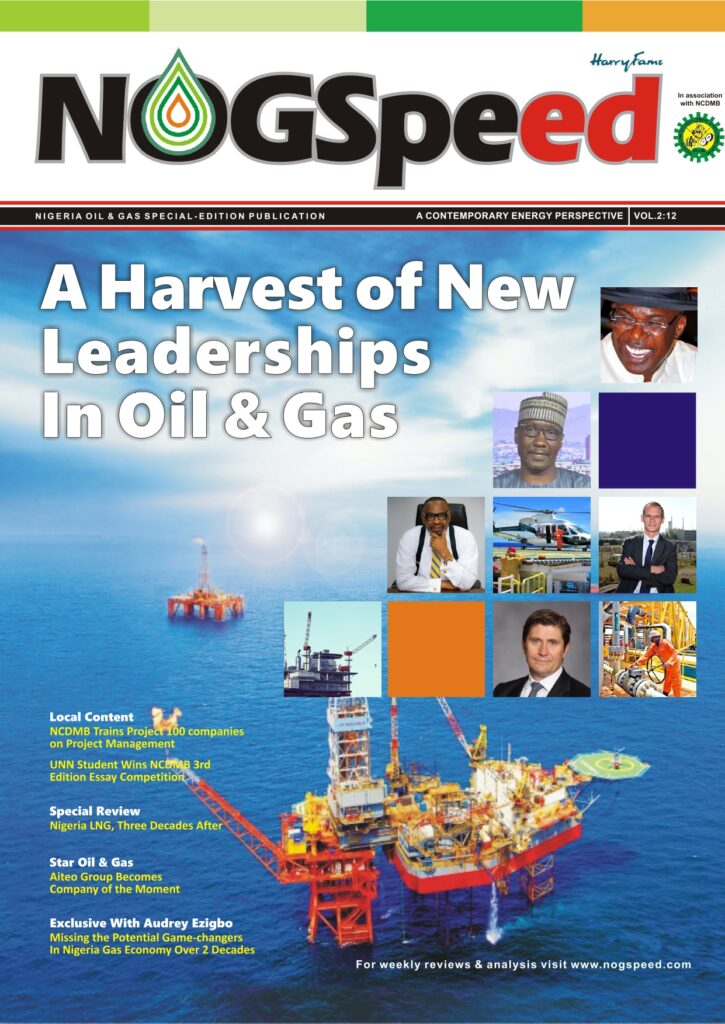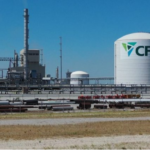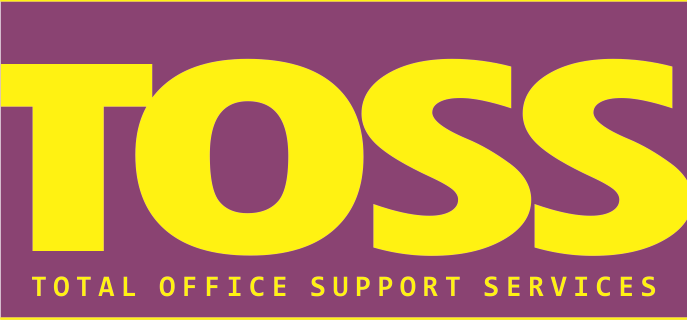The tenth London International Shipping Week (LISW) happened on the 11th of September with well attended panel discussions at the venue across the city and amazingly better attended evening networking sessions.
The self-appointed ‘showcase for green shipping’, LISW’s overriding theme this year is the decarbonisation of shipping and, in particular, how to accelerate and fund the process.
The umbrella body for the maritime sector, Chris Shirling-Rooke , CEO of Maritime UK, believed working together by the stakeholders will ensure sufficient progress in decarbonisation which could bring UK at the forefront of the transition.
At the commencement of the event, he said: “If we are going to decarbonize, we are going to have to work with government, and government is going to have to work with the industry.”
Moreover, at the event attended by The Loadstar, the question that kept cropping up was: how is the transition to more-expensive green fuels to be funded?
Ultimately it was agreed the extra cost has to be passed on to consumers, while higher number showed willingness to pay a little extra for a ‘greener’ product.
However, shipping’s infamous lack of transparency – and in terms of container shipping, the mistrust between shipper and carrier –could alter progress in the absence of regulation.
Carrier-shipper relationships have, arguably, sunk to new lows following the pandemic-induced billion-dollar profits made by shipping lines over the past two years; at this time some carriers disdained talking to their shipper customers, other than to raise their freight rates.
Considering that liner service rates have ‘normalized’ to break-even or below, shippers are back on the front foot in rate negotiations.
Certainly, ‘cost reductions’ are the new mantra this year at liner offices in Europe and Asia, in order to alleviate the impact of a toxic mix of rate collapses and reduced demand across carrier networks.
Nevertheless, the lines’ procurement officers are back out in force, trying to squeeze the last drop of cost out of service providers, with the previous boom a fast-fading memory.
And it seems that, although carriers will justifiably ask their shippers to help contribute towards the cost of more-expensive green fuels, no justifiable fact to indicate the interest of the lines themselves in paying more for greener services.
In fact, feeder operators The Loadstar has spoken to are frustrated at the knock-back they have received from carriers to suggestions that they should pay a premium for green methanol-fuelled relay services.
Meanwhile, at a Blue Communications-organised panel discussion on shipping decarbonisation – intriguingly subtitled ‘An inconvenient truth?’ – a valiant attempt was made by the moderator to steer the debate towards the perception of non-industry people to shipping’s efforts to decarbonise.
However, the general consensus from this panel, and echoed at others, was that the decarbonisation message was not getting across, and that without regulation, similar to the IMO 2020 Sulphur cap, progress would be too slow.





